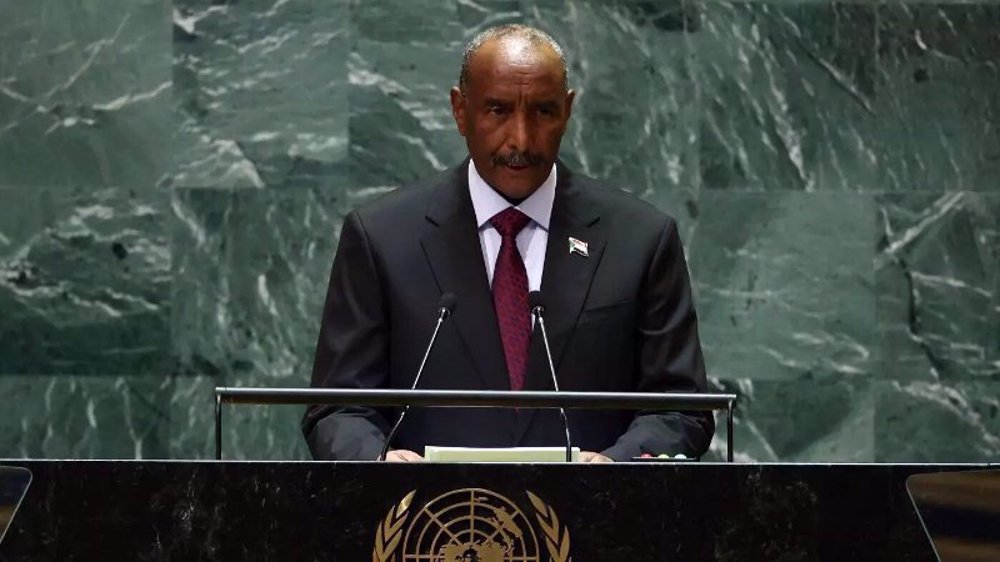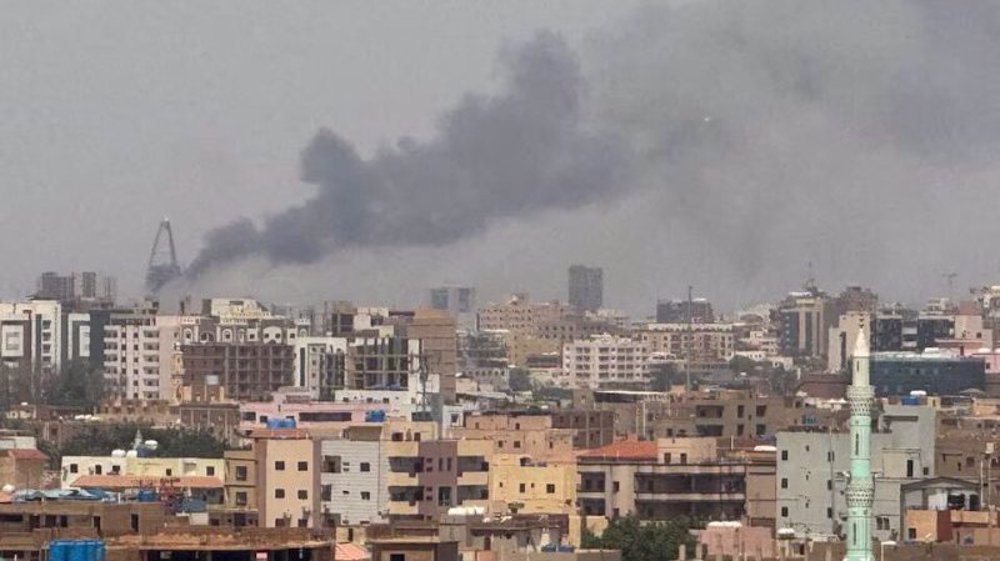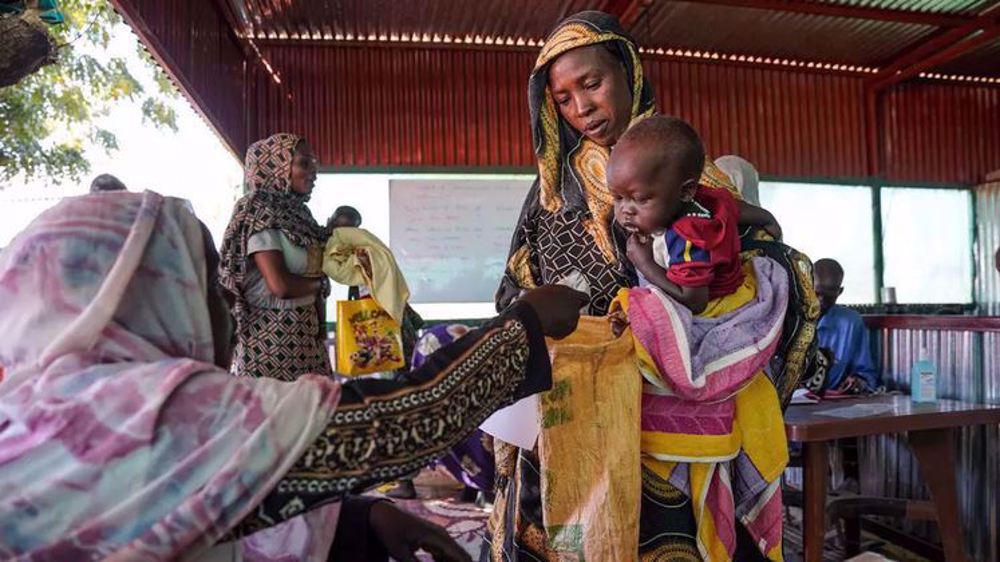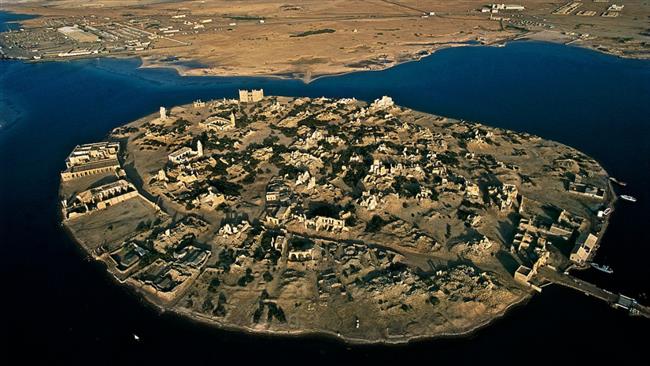Sudan closes 13 diplomatic missions to cut govt. spending, revive ailing economy
Sudanese President Omar al-Bashir has ordered the closure of 13 overseas diplomatic missions as part of measures to reduce the government’s spending, as he is struggling to revitalize the African country’s ailing economy in the post-sanction era.
According to a decree issued by the Sudanese leader late Wednesday, the staff at seven other missions would be cut down to just one person. Staff at all missions abroad will be cut by 20 percent at least, it added.
Furthermore, the number of staff at the country’s Foreign Ministry will also face reduction with its entire administrative cadre being dismissed. It is expected that diplomats will handle their duties.
The decree, carried by the official SUNA news agency, also stated that most of Sudan’s trade and economic offices abroad must also be shuttered, apart from the one in the capital of the United Arab Emirates, Abu Dhabi, which is still running to finalize arrangements for Sudan’s participation at Dubai’s Expo 2020.
“The decisions have been taken in order to cut costs given the economic situation in the country,” the decree further read.
The impoverished African country largely cut off from much of the global financial system in the past 20 years by the US trade embargo and other penalties over the alleged terrorism concerns and other issues related to the conflict in Darfur.
Over 2.5 million people have been displaced and 300,000 killed in the conflict that erupted in 2003 when ethnic minority rebels took up arms against Bashir’s government, accusing it of attempting to marginalize the region.
The removal of the persisting sanctions on Khartoum by the administration of US President Donald Trump in October last year sparked high expectations of a quick economic revival. However, those hopes were dashed as officials say international banks are still reluctant to do business with Sudanese counterparts, leaving the African country with a grim economic outlook.
Sudan’s economy largely deteriorated in 2011, when South Sudan separated from the north and took with it about 75 percent of oil earnings, leaving Khartoum with further problems.
Diplomat discourages recourse to pressure, intimidation, confrontation against Iran
UN: 2024 deadliest year for aid workers amid genocide in Gaza
Gaza health official warns of hospital shutdowns within 48 hours
Israel kills 5 more paramedics in southern Lebanon: Health ministry
Iran to launch ‘new, advanced’ centrifuges in response to IAEA resolution: AEOI
Yemen fires hypersonic missile at Israeli airbase
VIDEO | New Delhi chokes under toxic smog as air quality remains at hazardous levels
VIDEO | Press TV's news headlines

















 This makes it easy to access the Press TV website
This makes it easy to access the Press TV website